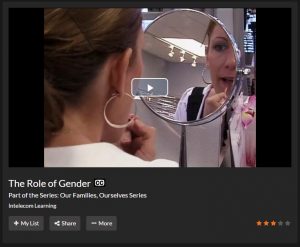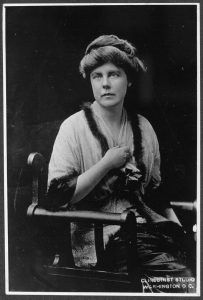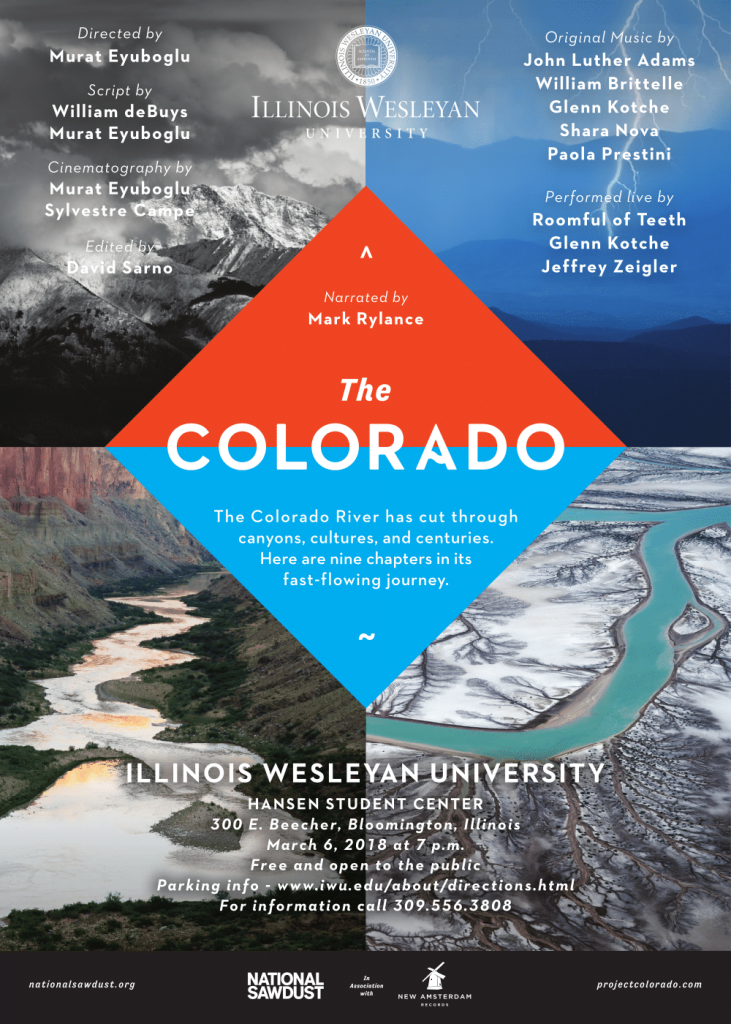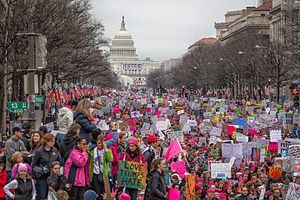
“No person in the United States shall, on the basis of sex, be excluded from participation in, be denied the benefits of, or be subjected to discrimination under any education program or activity receiving Federal financial assistance.”
Those 37 words make up the revolutionary legislation that ensured equal access to both men and women in federally funded educational programs and activities. Although it is the application of Title IX to athletics that has gained the greatest public visibility, the law applies to every single aspect of education, including course offerings, counseling and counseling materials, financial assistance, student health and insurance benefits and/or other services, housing, marital and parental status of students, physical education and athletics, education programs and activities, and employment.
Title IX benefits everyone — girls and boys, women and men. The law requires educational institutions to maintain policies, practices and programs that do not discriminate against anyone on the basis of gender. Elimination of discrimination against women and girls has  received more attention because females historically have faced greater gender restrictions and barriers in education. However, Title IX also has benefited men and boys. A continued effort to achieve educational equity has benefited all students by moving toward creation of school environments where all students may learn and achieve the highest standards.
received more attention because females historically have faced greater gender restrictions and barriers in education. However, Title IX also has benefited men and boys. A continued effort to achieve educational equity has benefited all students by moving toward creation of school environments where all students may learn and achieve the highest standards.
Want to learn more about Title IX and the the effect it’s had on modern athletics and women’s opportunities in higher education? Check out some of these resources from Ames.
Women’s rights in the USA: Policy debates and gender roles, Dorothy E. McBride, Janine A. Parry
Game, set, match: Billie Jean King and the revolution in women’s sports, by Susan Ware
Invisible seasons: Title IX and the fight for equity in college sports, by Kelly Belanger
Equal play: Title IX and social change, edited by Nancy Hogshead-Makar and Andrew Zimbalist
Getting in the game: Title IX and the women’s sports revolution, Deborah L. Brake
Title IX: A brief history with documents, by Susan Ware
A place on the team: The triumph and tragedy of Title IX, by Welch Suggs












